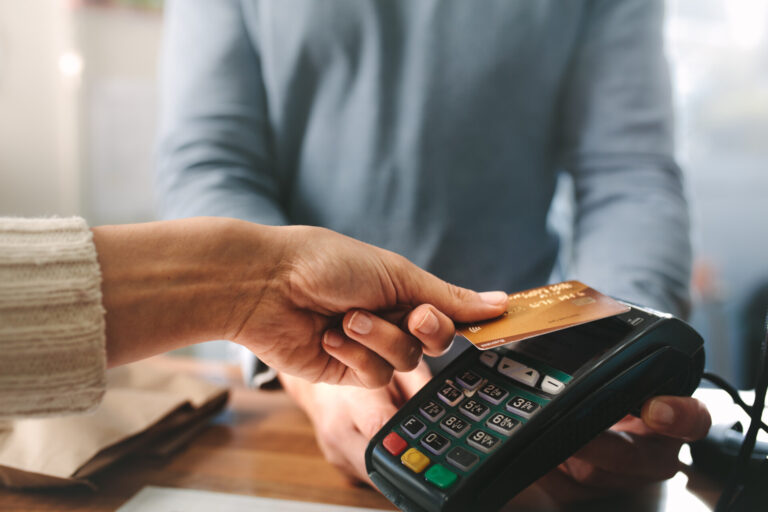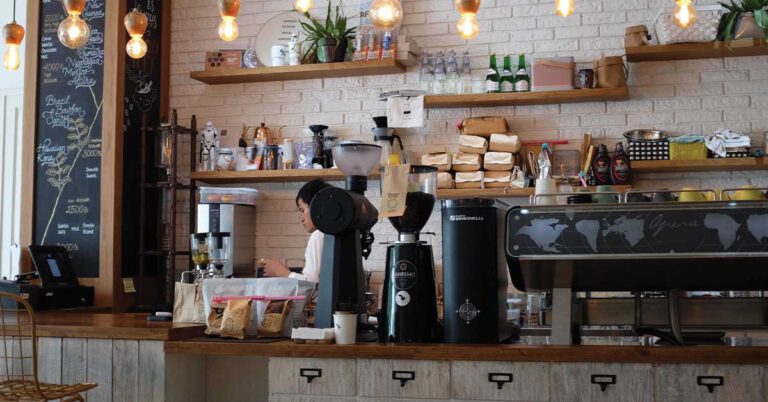Consumer trends shifted during the COVID-19 pandemic, but one thing has remained the same: loyalty programs continue to positively influence consumer engagement with businesses, according to a 2021 survey by Deloitte.
The survey found that 67% of consumers spend more with businesses when they’re signed up for their respective loyalty programs.
The survey also notes that 51% of consumers shift purchasing habits with businesses to maximize the benefits associated with loyalty membership programs.
And it doesn’t end there; 50% of consumers are more likely to recommend a retailer if they are a member of its loyalty program.
What are Loyalty Programs?
A loyalty program offers incentives or rewards to customers to encourage them to patronize a business.
The rewards tend to grow the more the consumer spends and that’s a win for the consumer and for the retailer, which sees more repeat business from the consumer. This offers businesses cost-saving opportunities since it’s anywhere from five to 25 times more expensive to acquire a new customer than to keep an existing one.
Loyalty membership programs also offer businesses another plus: a surplus of consumer data, which can help with understanding consumer behavior – things like the types of products or services consumers are purchasing together in a transaction or whether one reward or incentive works better than the other.
Examples of loyalty plan incentives include free shipping, discounts, early access to new products, and free products and samples.
Small businesses that depend on repeat customers – think coffee shops, local breweries and bookstores – pair well with offering loyalty programs, as they provide another reason for customers to return in the future.
At its core, the purpose of loyalty programs is to offer a customer value that is proportional to the value the customer offers the small business, notes Harvard Business Review (HBR), which adds that small businesses offer the best examples of building customer loyalty through loyalty programs, as small businesses have a more intuitive understanding of what their respective customers want.
How Do Loyalty Rewards Programs Work?
Most loyalty programs are built on a point-based system where a customer builds up points and eventually redeems them for specific products, discounts, or special deals offered by the retailer.
During the signing up process, each customer is given a unique identifier or numerical ID that helps with identifying the customer’s purchases. This numerical ID is associated with a barcode that’s on a plastic card.
More and more retailers are, however, going digital with their loyalty programs. Others offer both a digital and physical option to collect rewards points, which caters to customers who’d rather avoid an online experience.
Those going online with their rewards plan are developing mobile apps, which allow businesses to track customer activity in more detail – including when and what they buy. This helps with developing unique promotions and advertising campaigns specific to each type of customer.
And this pivot to digital loyalty rewards programs is what some customers today are looking for, according to former McKinsey Partner, Jess Huang.
“With the move to digital… consumers are spending more and more time on their phones and various digital channels. This makes it much easier to access the consumer,” Huang says in an interview with the consulting firm.
What Goes Into Making a Successful Loyalty Rewards Program?
The first step to developing a loyalty plan is defining success, Huang says. That way, you can measure the effectiveness of your rewards program.
“It cannot be as loosey-goosey as just wanting to drive loyalty with all consumers. You have to know which consumers you’re targeting and what type of loyalty you’re driving,” she says, adding that small businesses should figure out what they want their customers to do with the rewards plan.
And, while you’re at it, remain open with your loyalty plan. “You also want to design something that’s flexible enough to remain viable as your company and strategy evolve,” Huang says, noting that small businesses and retailers continue to redefine themselves as consumer habits shift.
That means your loyalty rewards programs need to consistently create value for both you and the customer as your business pushes forward.
“That often involves finding a way to leverage the gap between a consumer’s perceived value of something and your cost to provide it,” Huang says.
Final Thoughts on Loyalty Programs
Loyalty rewards are a tried and tested way for small businesses to engage with consumers and to build long-term relationships with them.
But it’s important to keep an eye out for shifts in how consumers interact with businesses. As noted, consumers are becoming more online savvy, so a loyalty program that offers customers a way to collect points digitally is a great option alongside having plastic cards for those who prefer collecting points through physical means.
The current retail environment is full of opportunities to rethink loyalty programs, according to Deloitte. And centering on the consumer in your loyalty plan is key.
“Retailers that succeed will use their loyalty programs as a competitive differentiator to win share of wallet, mind, and heart,” the consulting firm notes.
Develop a Successful Loyalty Rewards Program with Gravity
At Gravity, we can help your business develop a successful loyalty rewards program to gain new customers while also building stronger relationships with your current customers. Here’s what you could see with Gravity’s support in developing a Gift & Loyalty Program for your business:
- Help your business garner new customers through gift cards.
- Encourage greater customer loyalty and repeat business.
- Get an edge that allows you to compete against bigger businesses.
- Find new pathways to building relationships with customers using both in-store and online channels.
Contact us to learn more about how to build a successful loyalty program for your small business.




